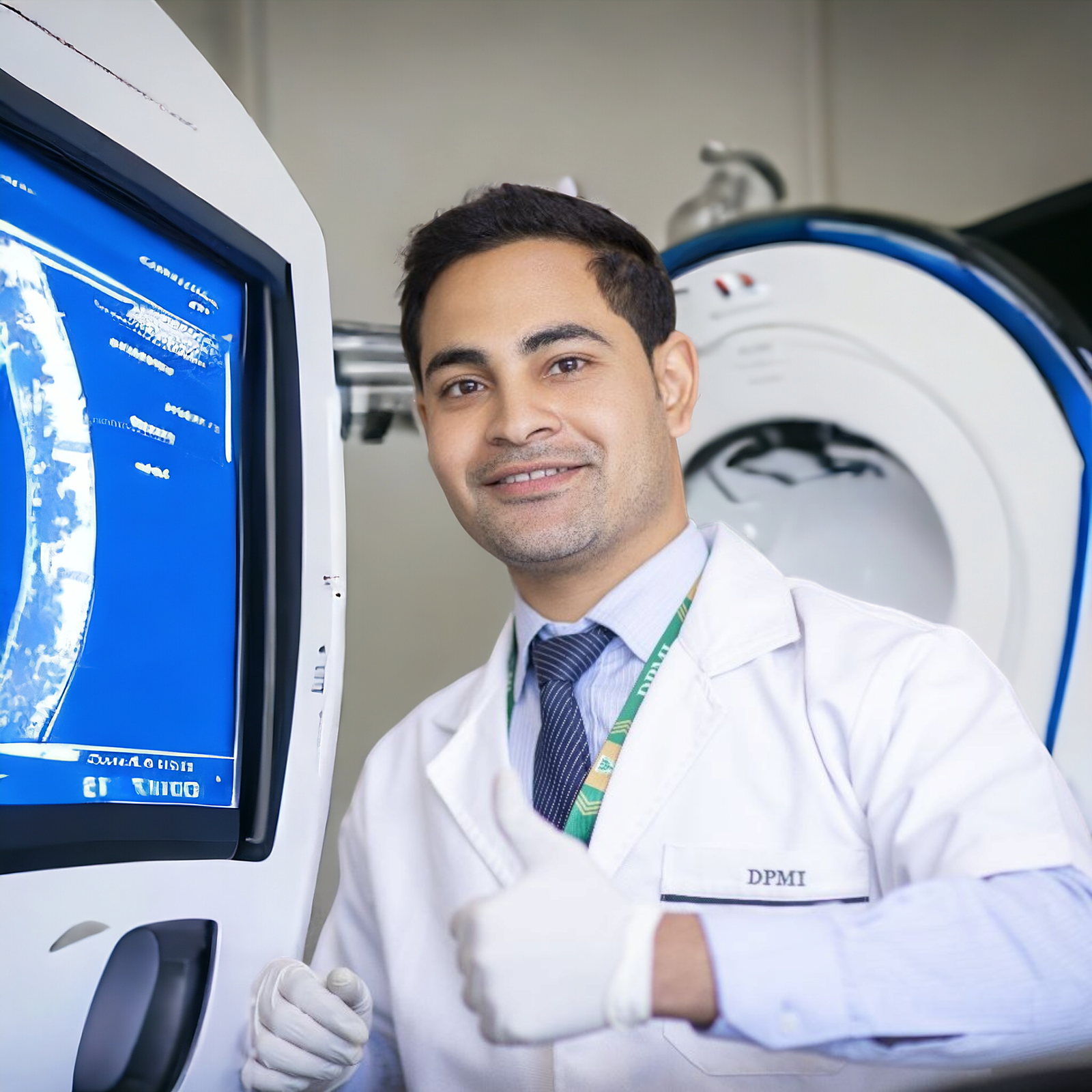
Exploring the World of Paramedical Skills: A Guide for Aspiring Healthcare Professionals
In the vast landscape of healthcare, there exists a realm where precision meets compassion, where technical expertise intertwines with human touch – the world of paramedical skills. For those with a passion for making a difference in people’s lives, exploring this domain opens doors to a myriad of opportunities and a fulfilling career path. In this guide, we delve into the realm of paramedical skills, shedding light on what it encompasses and how aspiring healthcare professionals can navigate this fascinating field.
Understanding Paramedical Skills:
Paramedical skills encompass a diverse range of healthcare professions that provide essential support to medical professionals in diagnosis, treatment, and patient care. These roles are integral to the functioning of healthcare systems worldwide, playing a crucial part in delivering quality care to patients. From medical laboratory technicians and radiographers to emergency medical technicians and operation theatre technologists, paramedical professionals work across various specialties and settings, each contributing their expertise to the holistic care of patients.
Exploring Career Options:
One of the most appealing aspects of paramedical skills is the multitude of career paths it offers. Whether you’re interested in diagnostic imaging, laboratory analysis, emergency response, or surgical assistance, there’s a role suited to your interests and strengths. Let’s take a closer look at some of the key paramedical professions:
- Medical Laboratory Technologist: These professionals perform diagnostic tests on patient samples, aiding in the detection and diagnosis of diseases. They work in clinical laboratories, hospitals, and research facilities, analyzing blood, urine, and tissue samples to provide valuable insights into patients’ health.
- Radiographer: Radiographers operate imaging equipment such as X-ray machines, MRI scanners, and ultrasound devices to produce diagnostic images of the body. They play a crucial role in helping physicians diagnose and treat various medical conditions, from broken bones to internal injuries.
- Emergency Medical Technician (EMT): EMTs are frontline responders trained to provide immediate medical care in emergency situations. They assess patients’ conditions, administer first aid, and transport them to medical facilities for further treatment. EMTs work in ambulances, fire departments, and emergency medical services.
- Operation Theatre Technologist: These professionals assist surgeons and medical staff in operating rooms, ensuring that surgeries proceed smoothly and safely. They prepare operation theatres, sterilize equipment, and assist during surgical procedures, contributing to positive patient outcomes.
Skills and Qualifications:
To excel in the field of paramedical skills, aspiring healthcare professionals require a combination of technical expertise, interpersonal skills, and a commitment to patient care. While specific qualifications vary depending on the chosen profession, common traits shared by successful paramedical professionals include:
- Strong communication and teamwork skills
- Attention to detail and accuracy in performing tasks
- Ability to remain calm under pressure in emergency situations
- Proficiency in operating specialized medical equipment
- Compassion and empathy towards patients and their families
Education and Training:
Obtaining the necessary education and training is essential for entering the field of paramedical skills. Most roles require a diploma or degree from an accredited institution, along with relevant certifications and licenses. Hands-on training through internships, clinical rotations, and simulated scenarios is integral to developing practical skills and gaining real-world experience.
Conclusion:
The world of paramedical skills offers a diverse and rewarding career path for aspiring healthcare professionals. With a wide range of roles to choose from and opportunities for growth and advancement, it’s a field brimming with possibilities. By understanding the scope of paramedical professions, honing essential skills, and obtaining the necessary education and training, aspiring healthcare professionals can embark on a fulfilling journey towards making a meaningful impact in the lives of others.



